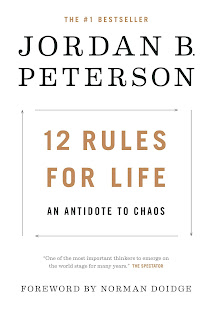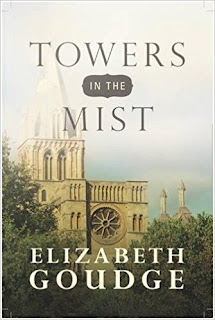Book Blog Expo, Day 2: Bookstores

At the last possible moment, I found out about the Book Blog Expo event, hosted by Donna at Girl Who Reads. Looks like fun so I'm joining in! Day 2 - May 31 - Favorite Section in the Bookstore. Do you head straight to the new releases or bargain rack? Do you spend hours perusing the mysteries or perhaps you can't drag yourself out of the young adult section? Or is there something unique about your local indie bookshop that makes it a must stop every time you pass it? Whether you shop in a brick and mortar or an online bookstore, what is your favorite section? Consider discussing the genre itself or providing a list of favorite (or recent) finds. Who says I spend all my time at the bookstore? I spend all my time at the LIBRARY. Libraries are full of books I can take home for free! That said, I certainly like bookstores too, and I am always happy to pop into the local (very large and wonderful) used bookstore to have a look around. I can also spend a happy
















